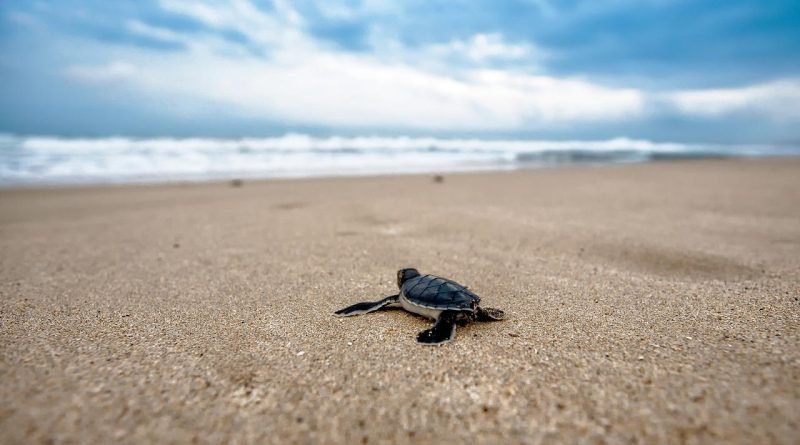Turtle Prices in India: Species, Cost, and Trade Regulations
Turtles are fascinating creatures that have been admired for centuries, but in India, their popularity as pets has grown in recent years. However, if you’re thinking about owning a turtle, it’s important to know the costs and regulations involved.
Price of Turtles in India
| Turtle Species | Price Range (in Rs.) |
|---|---|
| Indian flapshell turtle | 50 – 200 |
| Red-eared slider turtle | 500 – 1,500 |
| Black softshell turtle | 1,500 – 2,000 |
| Three-striped roof turtle | 1,500 – 2,000 |
Most Common Turtle Species in India
Indian Flapshell Turtle: The most common turtle found in India is the Indian Flapshell Turtle. This species can be easily recognized by the flap on their shells, which they use to breathe air. They can be found in ponds, rivers, and lakes across the country and are the cheapest turtles available, with a price range of Rs. 50 to Rs. 200.
Red-Eared Slider Turtle: The second most common turtle found in India is the Red-Eared Slider Turtle. They are native to North America but have become popular pets in India due to their hardiness and adaptability to various habitats. They are relatively more expensive, with a price range of Rs. 500 to Rs. 1,500.
Black Softshell Turtle: This species is one of the rarest and most expensive turtles found in India, with prices ranging from Rs. 1,500 to Rs. 2,000. Black Softshell Turtles are typically found in rivers and streams in the northeastern part of the country and are known for their unique soft shells that are covered in small, black bumps.
Three-Striped Roof Turtle: Another rare and expensive turtle found in India is the Three-Striped Roof Turtle. They can be easily recognized by the three stripes on their shells and are typically found in slow-moving rivers and streams in the northeastern part of the country. They have a similar price range to Black Softshell Turtles, ranging from Rs. 1,500 to Rs. 2,000.
Factors That Influence Turtle Prices in India
The price of turtles in India can vary depending on the species, age, and size. Generally, larger and rarer turtles will command a higher price, while smaller and more common turtles will be less expensive. Another factor that can affect turtle prices is demand. Turtles are popular pets in India, with many people believing that keeping them in homes and offices brings good luck and fortune. Additionally, turtles are also used for medicinal purposes and as a source of food in some parts of the country.
Regulations on Turtle Trade in India
While it is legal to own turtles in India, the trade of turtles is regulated under the Wildlife Protection Act of India. Some turtle species are protected under this law, and the sale of these species is prohibited. It is important to purchase turtles from licensed dealers who follow the regulations and ensure that the turtles are healthy and well-cared for.
How to Ensure a Healthy Turtle as a Suitable Indoor Pet
Before purchasing a turtle, it is important to research the specific care requirements of the species to ensure that you can provide a suitable habitat and diet. A healthy turtle should have clear, bright eyes, a smooth and shiny shell, and should be active and alert. It is also recommended to get a veterinary checkup for your turtle to ensure that they are healthy and free from any illnesses.
In conclusion, owning a turtle in India can be a rewarding experience, but it’s important to be aware of the costs and regulations involved. By following the guidelines and ensuring the health and well-being of your turtle, you can enjoy the company
Frequently Asked Questions (FAQs)
No, some turtle species are protected under the Wildlife Protection Act of India, and the sale of these species is prohibited. It is important to purchase turtles from licensed dealers who follow the regulations and ensure that the turtles are healthy and well-cared for.
Yes, turtles can be kept as indoor pets in India. However, it is important to research the specific care requirements of the species before purchasing a turtle to ensure that you can provide a suitable habitat and diet for the turtle.
A healthy turtle should have clear, bright eyes, a smooth and shiny shell, and should be active and alert. It is also important to research the specific care requirements of the species before purchasing a turtle to ensure that you can provide a suitable habitat and diet for the turtle.




